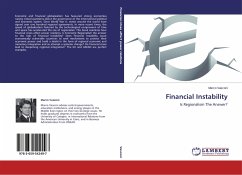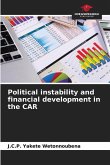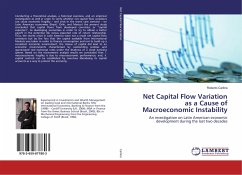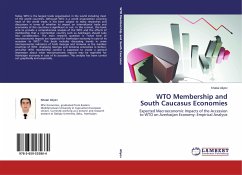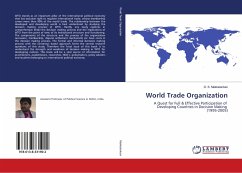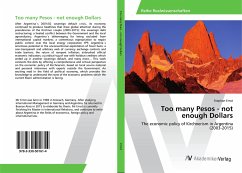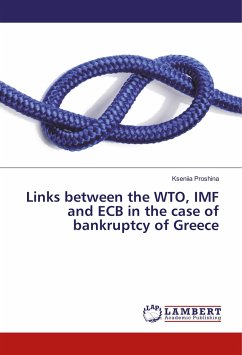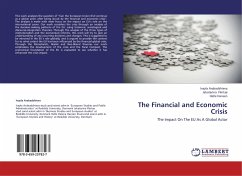Economic and financial globalization has favoured strong economies raising critical questions about the governance of the international political and economic system. Since World War II, states around the world have signed over one hundred regional agreements. In more recent times, the speed of globalization fostered by the technological compression of time and space has accelerated the rise of regionalism. This book examines how financial crises affect power relations. Is Economic Regionalism the answer to the risks of Financial Instability? Does Financial Instability cause economically vulnerable countries to seek mechanisms to protect their economic power and build a shield in the form of regional economic and monetary integration and so attempt a systemic change? Do financial crises lead to deepening regional integration? The EU and ASEAN are perfect examples.
Bitte wählen Sie Ihr Anliegen aus.
Rechnungen
Retourenschein anfordern
Bestellstatus
Storno

